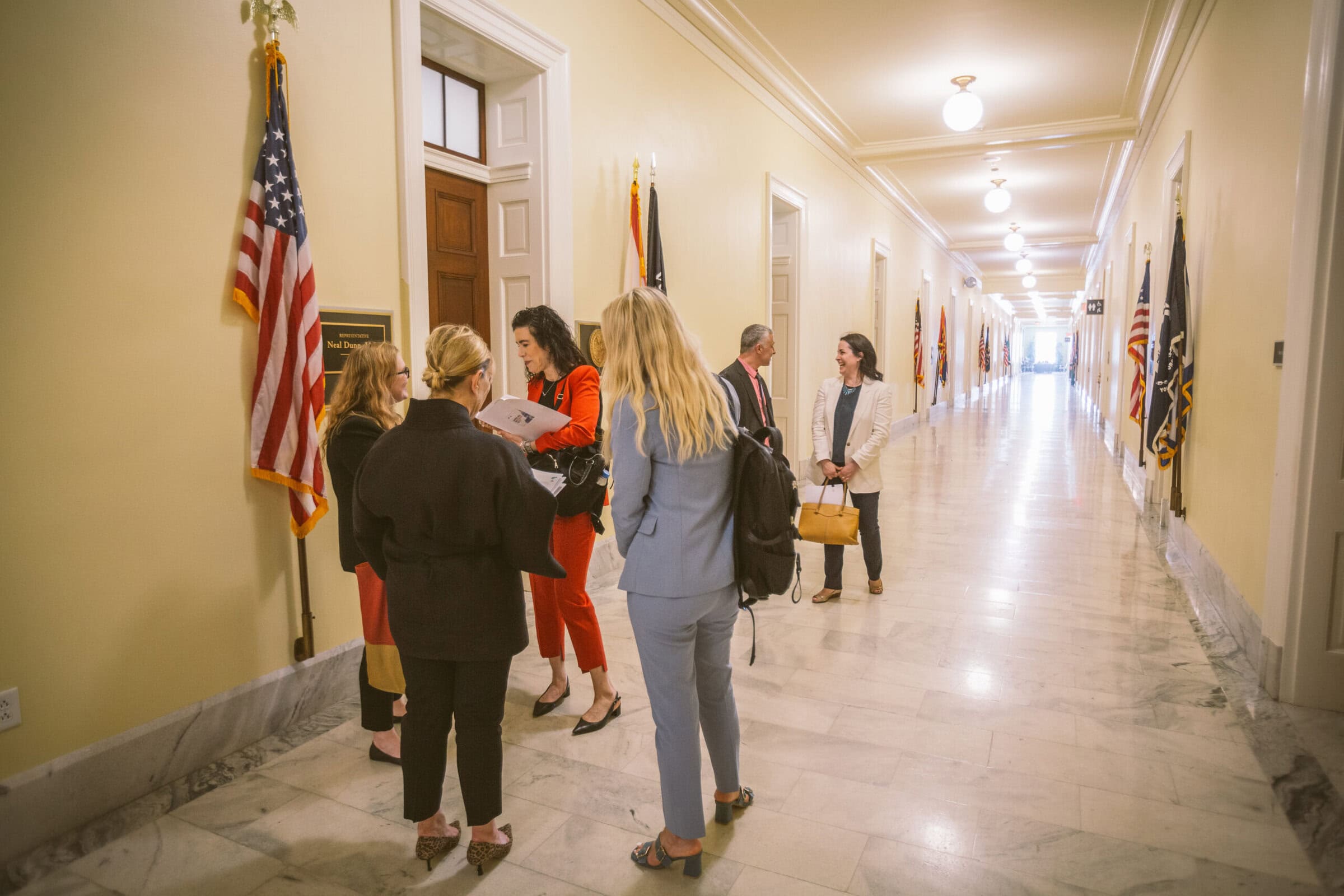Author
Amanda Anderson
4As VP, Government Relations
Topic
- Government Relations
- Regulations
On March 23, 2023, the Federal Trade Commission (FTC) introduced a “click to cancel” provision in a new proposed rule that would require sellers to make it easier for consumers to cancel their memberships or subscription enrollment. The notice of proposed rulemaking is part of the FTC’s ongoing review of its Negative Option Rule, which the agency uses to combat unfair or deceptive practices related to subscriptions, memberships, and other recurring-payment programs.
The FTC uses the phrase “negative option marketing” broadly to refer to a category of commercial transactions in which sellers interpret a customer’s failure to take an affirmative action, either to reject an offer or cancel an agreement, as assent to be charged for goods or services. The proposal significantly expands the scope and reach of the existing law that dates back to 1973; the last amendments to the law were made in 1998.
The proposed rule would make changes to current federal Negative Option Rule by expanding its scope to apply to all subscription agreements and strengthening consumer protections including by:
- Requiring Simple and Easy Cancellation Mechanisms – Businesses offering subscription services would be required to make it at least as easy to cancel as it is to sign up. For example, if a consumer can sign up online, then the consumer must also be able to cancel online in the same number of steps.
- No Means No –Before making a sales pitch during a consumer’s subscription cancellation process, businesses must first ask consumers whether they want to hear about new offers or modifications. If a consumer says “no,” then a seller must forgo any sales pitch and immediately implement the subscription cancellation process.
- Clear Transparency and Disclosure Requirements: Businesses must clearly disclose key terms — like when the trial period ends, the cancellation deadline, the frequency of charges and date of payments — before collecting billing information from the customer.
- Creating Annual Reminders Regarding Subscription Renewals – Businesses must provide an annual reminder prior to charging renewal fees to consumers enrolled in negative option programs (with the exception of physical goods).
- Dark Patterns – It would prohibit businesses from engaging in what the FTC calls “dark patterns,” or manipulative design techniques, which make it hard for customers to effectively make the decision they want on a company’s website or app.
- Strengthening Enforcement and Civil Penalties – It would make it easier for the FTC to get money back for consumers who have been harmed by these negative tactics in the past. Violations of the proposed rule would be penalized under the Commission’s authority to prohibit unfair or deceptive acts and practices (UDAP), 15 USC § 45. Because this penalty provision establishes statutory civil penalties ≤ $46,517 per violation, the Commission could be expected to argue that each impression or viewing is a violation, making the potential penalties for violations significant. FTC rules are also often interpreted by state attorneys general as violations of state law and are enforced in state courts under state law under legally unfavorable circumstances.
All these things together, if adopted, the proposed rule would significantly increase enforcement risk and require major subscription program redesign and coding changes for businesses who offer such services. As partners, agencies will be a critical component in assisting with compliance and customer experience for their clients’ subscription businesses.
Comments on the proposed Negative Option rule will be due within 60 days of its publication in the Federal Register.
Have questions about proposed changes to the FTC’s Negative Option Rule? Please contact Amanda Anderson, 4As Director of Government Relations.
Related Posts



12/17/2025

